|
My family and I drove to the house of some relatives in in the town of Nashville, located in Brown County, Indiana, to watch this year’s solar eclipse. The town was humming with preparations for the event, and local vendors had eclipse-themed sales and promotions which they were offering to locals and visitors, along with eclipse-related humor. We planned to watch the eclipse from our relative’s house, and we brought our eclipse glasses along with eclipse filters for our iPhones. At the expected time, the disk of the sun began to be covered by the moon to a progressively greater extent. There were some clouds, but they were thankfully very high in the atmosphere and did not obstruct our view of the sun significantly. At one point we tried the pinhole camera trick to see an image of the sun using a colander. As the moon covered an increasing area of the sun, it got cooler, and there was a noticeable decrease in the amount of sunlight around us. We noticed a reduction in the amount of bird songs coming from the woods, but we heard a new bird singing, the mourning dove. These birds only sing towards dawn and dusk. However, it didn’t feel like dusk. Even with most of the sun covered, it still shone brightly. And then it suddenly happened: totality! We were able to take off our eclipse glasses and look directly at the sun which looked like an annulus with a black center and a bright circumference. The horizon all around us bore an orange and yellowish tinge like a sunset or a sunrise. My relatives, who were sitting out closer to the trees (I was up on the deck), reported that they saw insects that normally only come out at night. In the distance, we heard some loud explosions. Somebody had the original idea of taking advantage of the eclipse to set off fireworks! We saw what appeared like a bright star visible close to the tip of the tree branches to our right. One of my relatives checked with the astronomical app and confirmed it was the planet Venus, which, if it were not for the eclipse, would not have been visible. And then, just as abruptly as it had arrived, the darkness went away. The insects disappeared, and the birds resumed singing. In the next hour the moon moved across the sun in the opposite direction. The 2024 eclipse was a festive event where millions of people marveled at the natural phenomenon. With a few exceptions, no one thought the eclipse was an bad omen or a an warning from God. But the reaction of people towards eclipses has not always been like this. The explanations that ancient cultures had for eclipses were rooted in superstition. Many such explanations involved the notion that some entities ranging from dragons or demons to actual animals were obscuring or biting the sun, while others equated the event with the antics of some mythological characters or with the actual sun exhibiting this behavior for one reason or another. Not surprisingly, eclipses often inspired fear in both the populace and their rulers with both engaging in rituals to ward off any dire consequences. In the most extreme cases, people were actually killed during or as a result of eclipses. And all this happened because of fear. In my book, The Gift of Science, I quoted the horror writer H. P. Lovecraft who wrote that one of the strongest emotions of humankind is fear, and that one of the strongest fears is the fear of the unknown. This type of fear is the begetter of some of the most barbaric behaviors that humanity has exhibited through history. But today we have science, and science allows us to know. We now know that an eclipse is just the moon moving across the sun and projecting a shadow on the Earth. If someone argues that the eclipse is a sign from God telling us to change our behavior, we can reply that we can predict when and where the eclipse will happen to the nearest minute and to the nearest mile. What kind of sign is that? The eclipse will happen even if we do change our behavior. And if we all change our behavior before the eclipse, after the eclipse happens another person can argue that it was a sign of God telling us that we should change our behavior to the way it was before the eclipse! Unfortunately, there are millions of people who accept the science behind eclipses but deny the science behind things such as climate change, vaccines, evolution, and even the roundness of the Earth! And while the scientific disciplines that deal with these things are different, they all use the same method (the scientific method) to discover the truth about the behavior of matter and energy in the world around us. Observations, experiments, measurements, testing of hypotheses, elaboration of theories, making predictions and testing them, refining theories, putting together an increasingly complete description of reality – this is what ALL science is about. The scientific method has allowed us to understand eclipses, climate, the immune system, the origin of species, and the curvature of the Earth. You can’t accept what one group of scientists has discovered using this method while denigrating and delegitimizing what other scientists have discovered using the same method! When we planned our trip to see the eclipse and marveled at its occurrence, we benefited from hundreds of years of research carried out by thousands of scientists. Let’s not allow ourselves to be swayed by ignorance, misinformation, and conspiracies. Let’s benefit from the work that ALL scientists have performed. The photos belong to the author and cannot be used without permission.
0 Comments
When asked about what science has done for humanity many people would probably mention medical advances. Indeed science has allowed us to create vaccines, antibiotics, drugs, surgical methods, and many other things to treat human disease and improve human health. There are millions of people today upon the face of the earth (including yours truly) who would not be here if it weren’t for these medical advances. But this is not the most important thing that science has done for us. Other people would allude to the technological advances that science has made possible that have improved our lives. Inventions like refrigerators, air conditioners, cars, planes, phones, computers, and many other things have greatly improved our lives and increased our freedom and abilities. But this is not the most important thing science has done for us. Even others will mention the way science has opened our eyes to the mystery and beauty of realms previously unseen by us such as when we contemplate images of faraway worlds relayed to us by the probes we have sent into space, or the images of the life of cells and other organisms in the microscopic world. But this is not the most important thing science has done for us. So what is it? 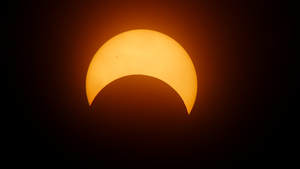 Let me give you a hint. Recently millions of Americans watched an eclipse of the sun. By all accounts it was a festive event where people expressed amazement at the natural phenomenon. But here is the key thing. No one ran to hide in their basement during the eclipse. No one felt that the eclipse was a “bad omen”. No people were sacrificed to “prevent the moon from swallowing the sun”. The eclipse did not influence domestic or foreign policy. It was just a celestial body (the moon) transiting in front of another (the sun) and casting its shadow on the earth. Amazing? Fantastic? Incredible? Yes. Scary? Foreboding? No. Figured it out? This is the gift of science. It has given us information about what things are and what they aren’t; about what can happen and what can’t, and about how things work, and why. This allows us to live better lives free of the shackles of superstition. It allows us to act rationally in response to the changing world about us and optimize our lives. And why is this? Because ignorance in the face of occurrences that may have an impact on our lives generates fear and fear is the begetter of some of the most barbaric behaviors that humanity has ever witnessed.  Ever read about when the black plague decimated most of medieval Europe? The best minds of the period could not get beyond explanations such as an “unfavorable conjunction of planets” or an “infected air”. Among other explanations was a divine punishment for sinfulness. The sheer panic and terror led family members to abandon each other, doctors and priests to desert their posts, and mobs of people to target those who were different such as gypsies or Jews, who were exterminated in many places. After hundreds of years and many outbreaks, it was finally worked out that the plague was caused by a bacterium (Yersinia pestis) which is transmitted by fleas, which in turn are carried by animals like rats. Scary? Yes, but just merely a natural occurrence that is well within our power to control. Today there are still cases of plague, but they can be kept to a minimum through sanitation and easily treated with antibiotics. When human beings are concerned (or made to be concerned) about threats real or imaginary, they will believe anything and do anything, and this weakness is often successfully exploited by those among the “powers that be” who want to implement their social or corporate agendas, further their standing or careers, or simply profit. Furthermore, because science is so successful at finding the truth, these “powers that be” have understood that a very important part of their plan has to be the delegitimization of science.
Thus the anti-vaccination movement claims that pro-vaccination scientists are controlled by the vaccine industry. The anti-climate change movement claims that climate change scientists are controlled by the liberal science funding agencies. The creationist movement claims that evolution science is part of the war on Christianity. The alternative therapies lobby claims that the medical establishment is preventing citizens from using inexpensive and equally effective treatments. The gun lobby has successfully prevented government funds from being used to study gun violence claiming that it would be part of a slippery slope towards the erosion of key constitutional rights. The above highlights a sad truth about a gift. A gift is a two part process. The first part occurs when it is given, but the second part involves receiving it. In our complex world where fantasy and folly can de facto become a reality if enough people believe them, science can be successful in transmitting us its gift only to the extent that its discoveries are accepted by individuals and societies. Eclipse: CCO Creative commons license “Free for commercial use. No attribution required”. The black death by Leo Reynolds, Attribution: NonCommercial-ShareAlike 2.0 Generic (CC BY-NC-SA 2.0) license. |
Details
Categories
All
Archives
June 2024
|
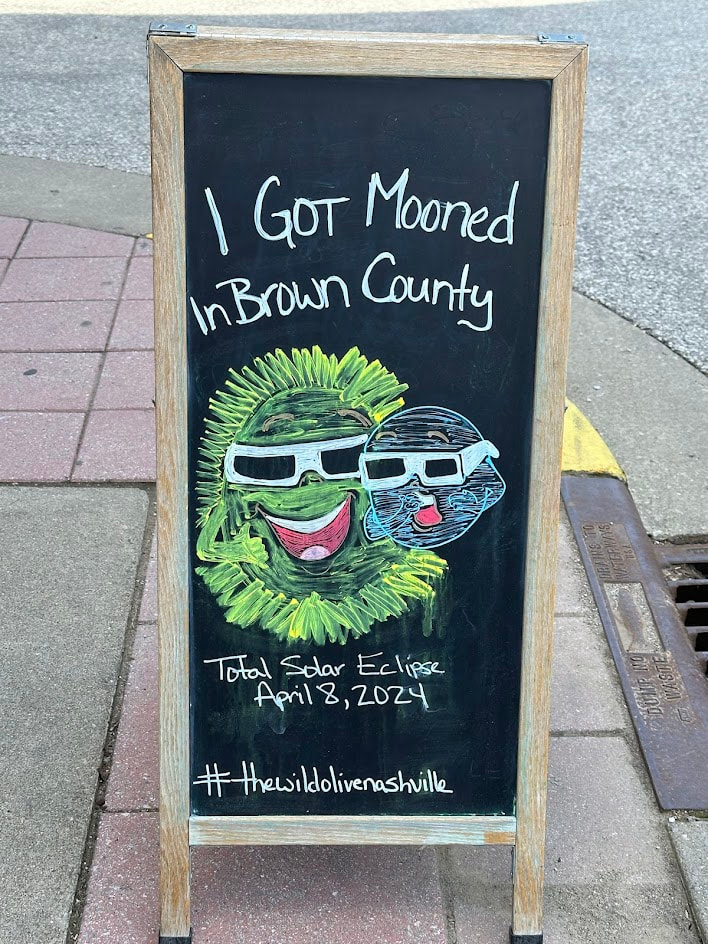
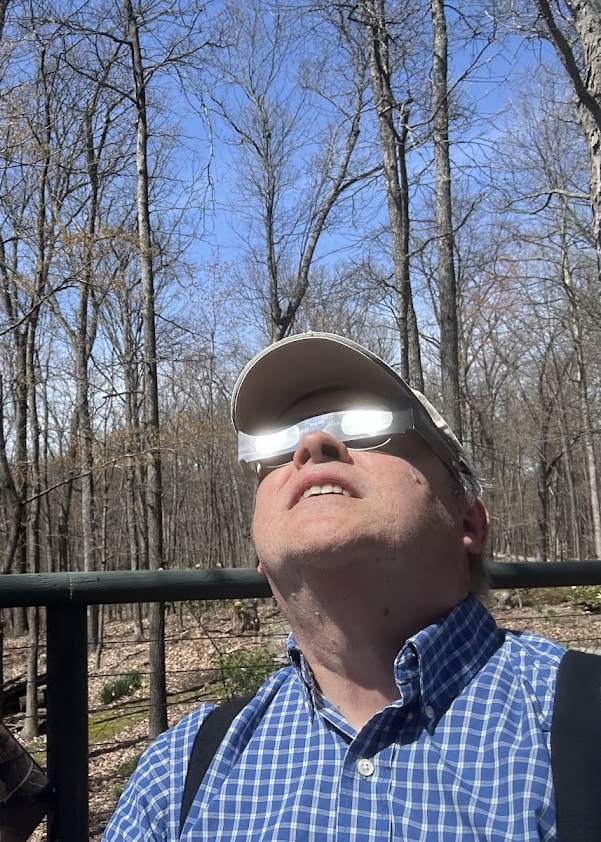
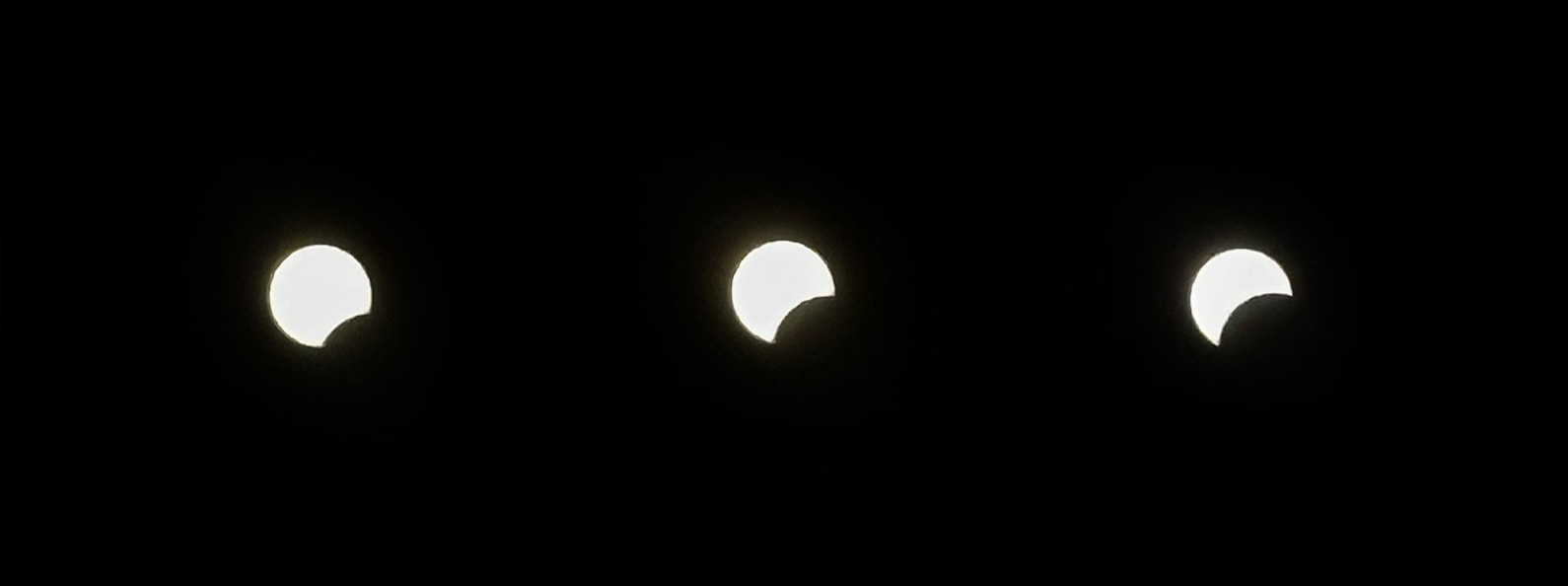

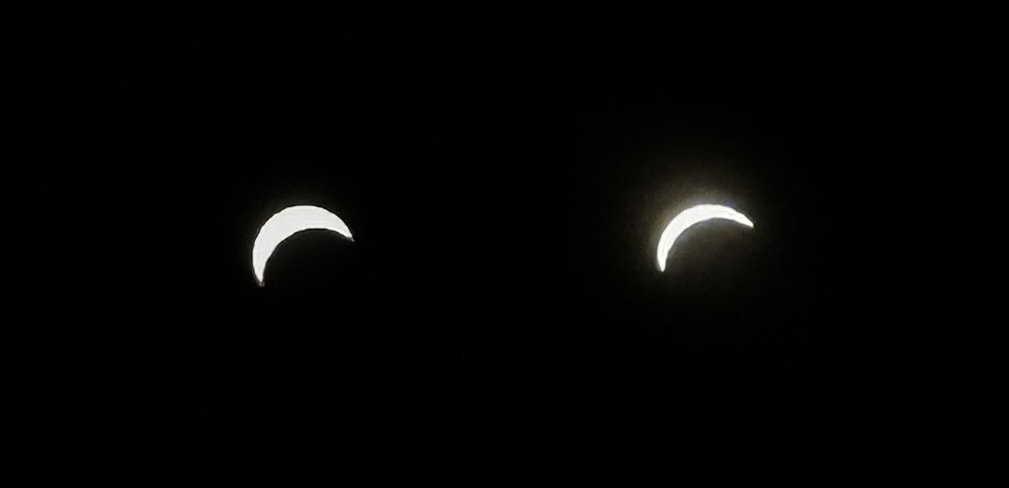
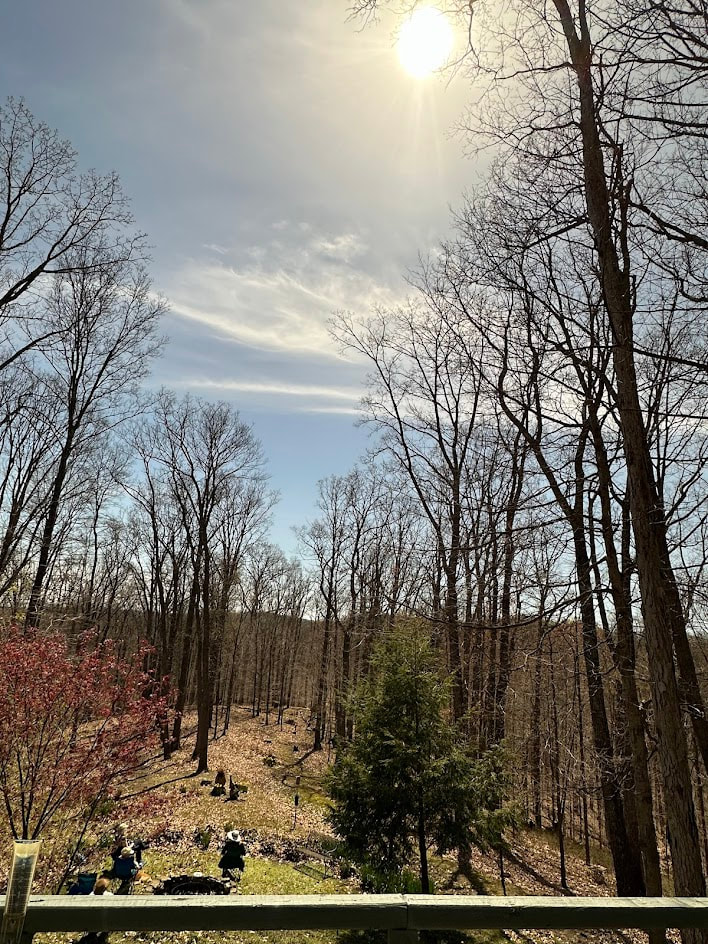
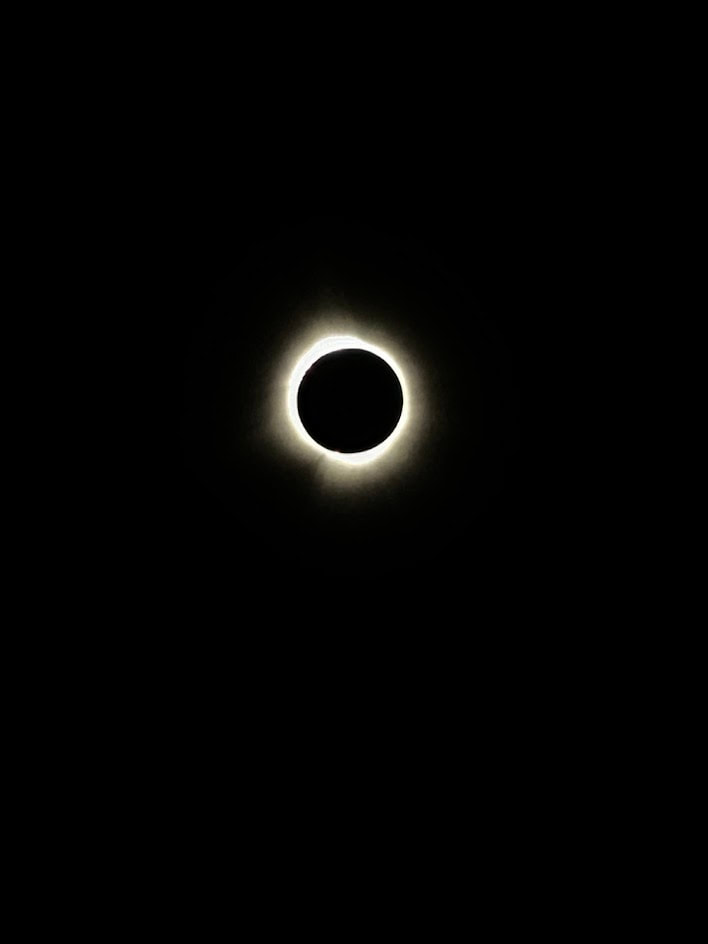
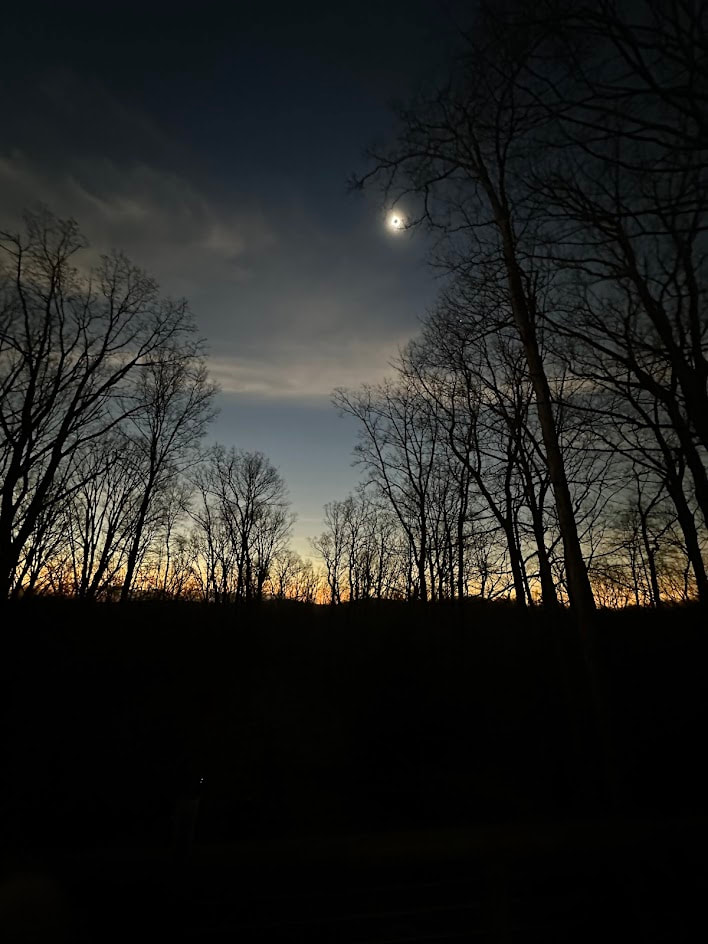
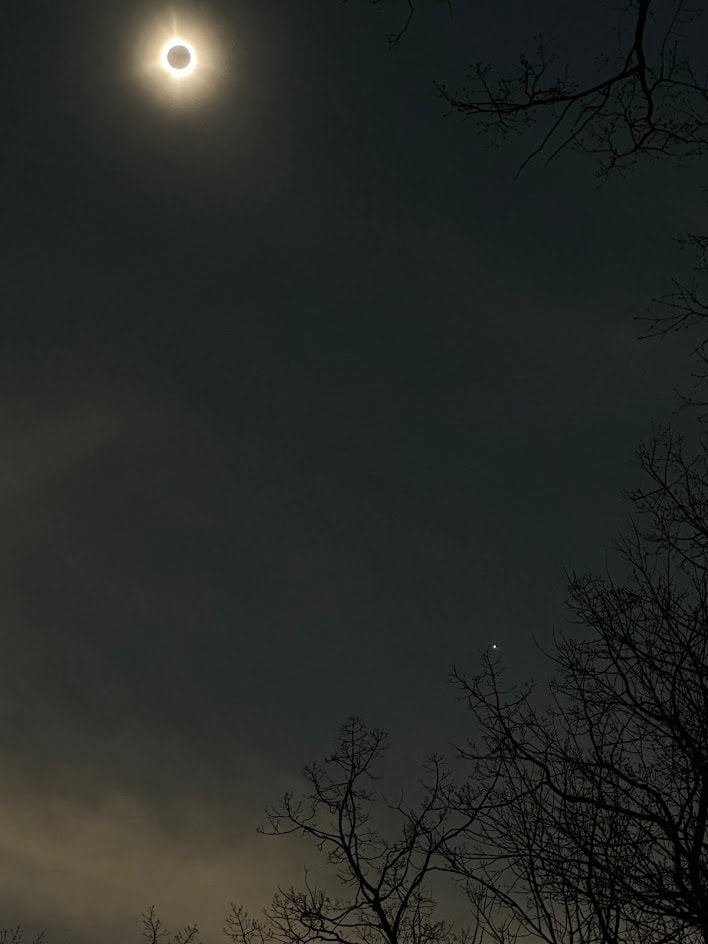
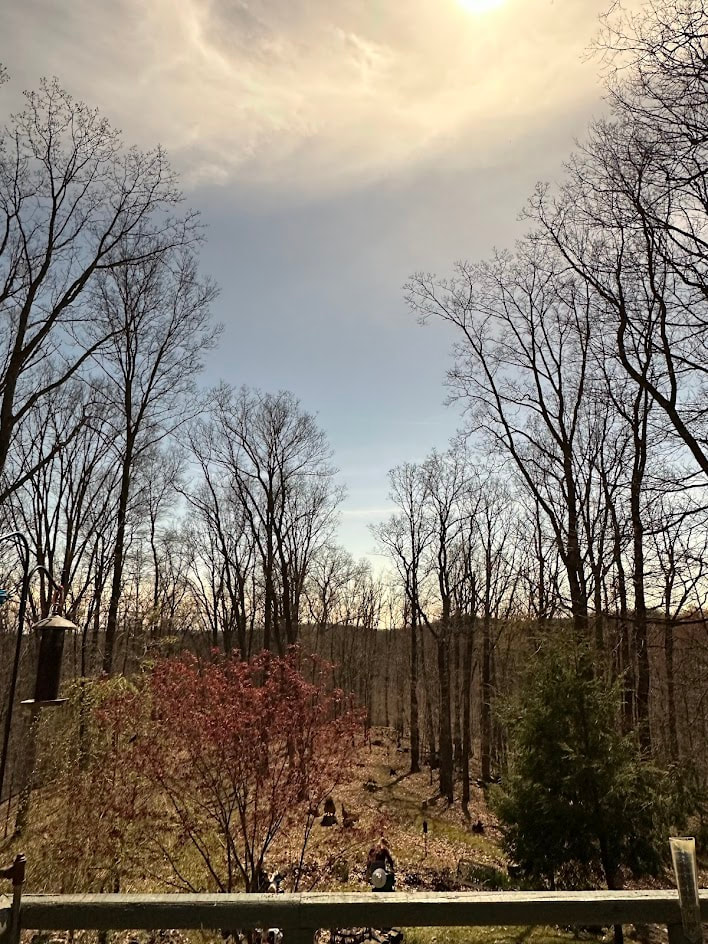
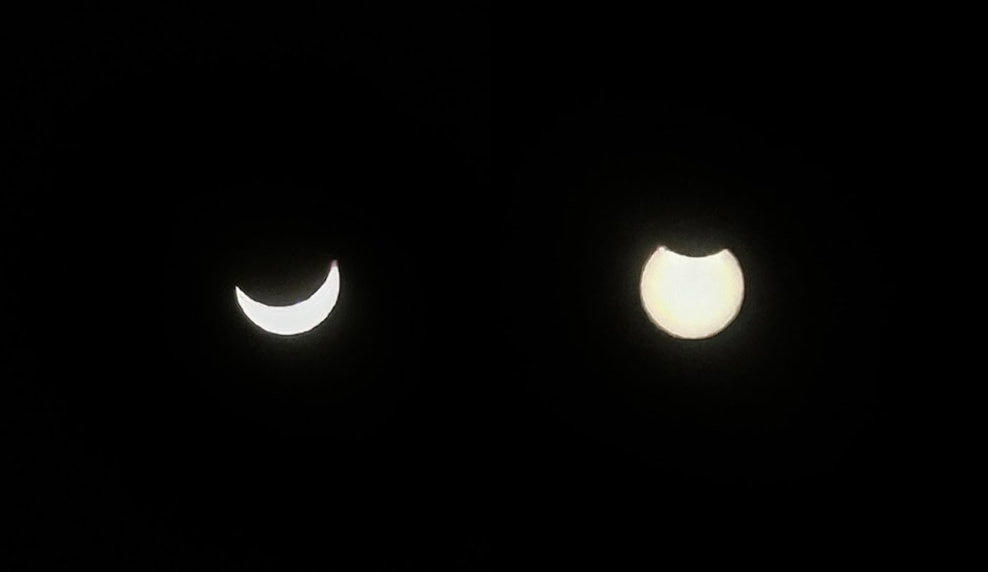
 RSS Feed
RSS Feed